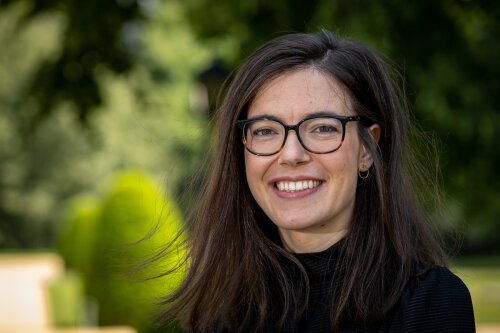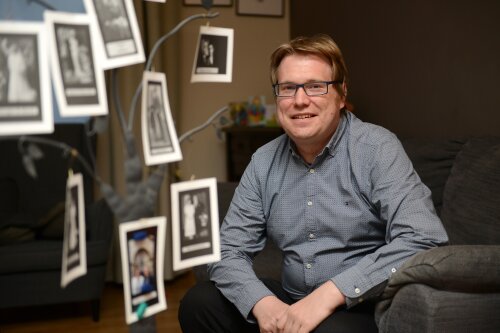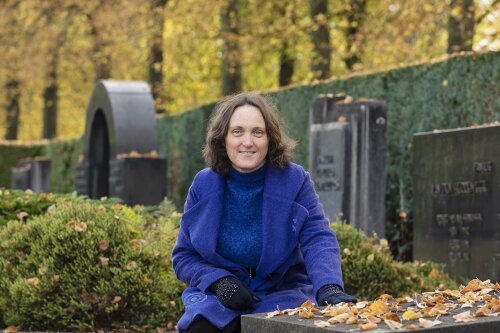This lecture is in the past. Did you miss the lecture? E-mail martha.claeys@uantwerpen.be to receive a link to the recording.
On the opening night we delve into one of the most fundamental questions of death care: what does it mean to deal with human remains in a respectful manner? How do we do that in practice today, and what are examples of good practice? Which sensitivities are relevant when we encounter human remains during, for instance, archeological research? And what happens when humans, or parts of the human body, become waste?
With Maarten Larmuseau, Marie-Sophie de Clippele and Tamara Ingels.

Dr. Marie-Sophie de Clippele is assistant professor of natural and cultural law at UCLouvain Saint-Louis - Bruxelles. Her research focuses on cultural heritage law and environmental law, with a strong interest in legal theory. Marie-Sophie de Clippele participates in several interdisciplinary research projects including on the restitution of colonial art objects, the status of human remains in museum collections, the digitisation of natural history collections, and the rights of nature. Her first book dealt with the burden of heritage ("Protéger le patrimoine culturel: à qui incombe la charge?", PUSL, 2020, twice awarded) and her second deals with human remains ("Restes humains et patrimoine culturel, de quels droits?", Anthemis, 2023).

Prof. dr. Maarten Larmuseau is a genetic genealogist in the Faculty of Medicine at KU Leuven. He is also attached to the Heritage Studies programme at the University of Antwerp. In his interdisciplinary research, he combines family history with DNA analysis of living and deceased individuals. Through the unique combination of genetics and genealogy, he studies how we should deal ethically with human remains from the point of view of both the dignity of the deceased and the privacy of next-of-kin.

Moderator Tamara Ingels is business manager at INTRO Culture and Media, where she has dedicated herself to expertise on funerary heritage and cemetery management. She often asks (interdisciplinary) questions about dealing with human remains in the past, present and future. She is author and project creator of the book series Memento Mori (ASP, 2017, 2021 and anticipated 2024), in which various authors write about the interdisciplinary field of funerary heritage and cemetery management. Tamara is a guide in cemeteries, focusing on how people deal with loss, mourning and commemoration and the translation to educational contexts. She is connected to the VUB's teacher training programme (practical assistant for Arts Education and Heritage Studies) and is a lecturer at guide courses in Brussels and Antwerp.
photo Tamara Ingels (c) Steven Richardson